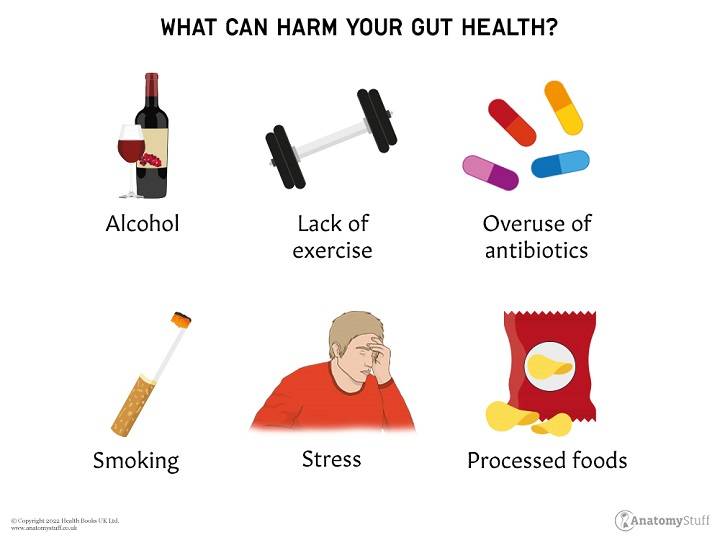Maintaining good gut health is essential for overall well-being. The gut, often referred to as the “second brain,” plays a crucial role in digestion, nutrient absorption, and even influencing our mood. In this article, we will explore various ways to improve gut health, from dietary changes to lifestyle modifications.
Understanding the Gut
Before we dive into the tips for improving gut health, let’s understand the gut’s significance. The gut, or gastrointestinal tract, is a complex system responsible for breaking down food, absorbing nutrients, and protecting the body from harmful invaders. Here’s a brief overview:
- The Gut Microbiome
- The gut is home to trillions of microorganisms, collectively known as the gut microbiome.
- These microbes include bacteria, viruses, fungi, and other microorganisms.
- A balanced gut microbiome is essential for digestive health and overall wellness.
Ways to Improve Gut Health
Now, let’s explore the steps you can take to improve your gut health:
- Eat a Diverse Diet
- Consume a variety of foods, including fruits, vegetables, whole grains, lean proteins, and fermented foods.
- A diverse diet provides a broad spectrum of nutrients and supports a healthy gut microbiome.
- Incorporate Fiber
- High-fiber foods, like legumes, whole grains, and vegetables, promote gut health.
- Fiber helps regulate bowel movements and supports the growth of beneficial gut bacteria.
- Probiotics and Prebiotics
- Probiotics are live bacteria that can be found in fermented foods like yogurt, kefir, and sauerkraut.
- Prebiotics are non-digestible fibers that promote the growth of beneficial bacteria. They can be found in foods like garlic, onions, and bananas.
- Limit Processed Foods
- Highly processed foods often contain artificial additives that can harm the gut microbiome.
- Reducing processed food intake is a positive step toward gut health.
- Stay Hydrated
- Drinking enough water is essential for maintaining healthy digestion and preventing constipation.
- Manage Stress
- Chronic stress can negatively impact gut health.
- Practice stress-reduction techniques like meditation, yoga, or deep breathing exercises.
- Get Adequate Sleep
- Quality sleep is crucial for overall health, including gut health.
- Aim for 7-9 hours of uninterrupted sleep per night.
- Exercise Regularly
- Physical activity supports a healthy gut by promoting bowel regularity and reducing inflammation.
- Avoid Overuse of Antibiotics
- Overusing antibiotics can disrupt the balance of gut bacteria.
- Only take antibiotics when prescribed by a healthcare professional.
- Limit Alcohol and Caffeine
- Excessive alcohol and caffeine intake can irritate the gut lining.
- Consume these substances in moderation.
- Slowly Increase Fiber Intake
- Rapidly increasing fiber intake can lead to digestive discomfort. Gradually introduce more fiber into your diet.
- Stay Consistent
- Make gut-friendly choices a part of your daily routine for long-term benefits.
Improving gut health is a proactive step toward better overall health. By following these tips and making gradual changes to your diet and lifestyle, you can nurture a healthier gut microbiome, enhance digestion, and bolster your well-being. Remember that maintaining a balance in your gut is a journey, not a destination. Your gut will thank you for these positive changes in the long run!


